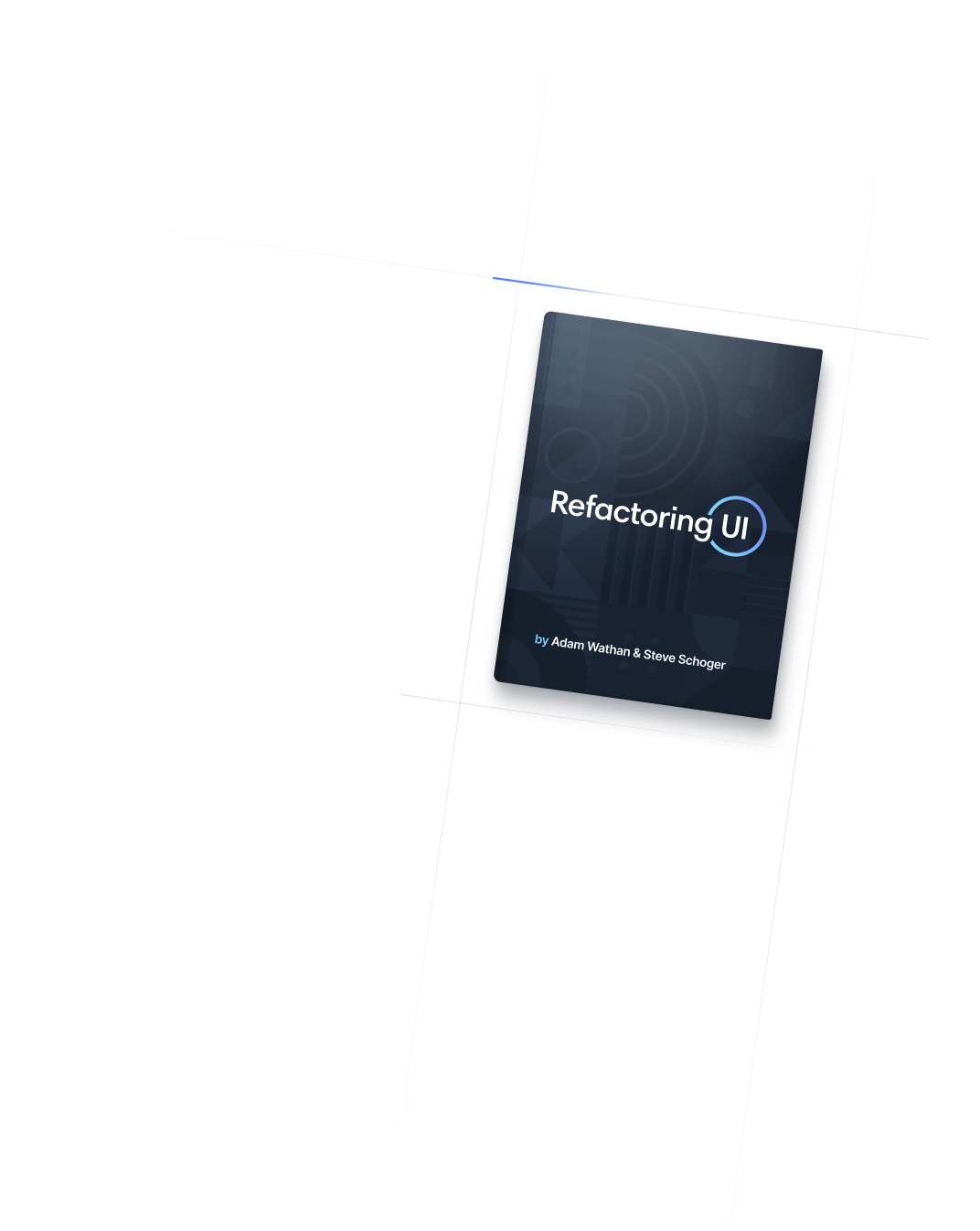
- Business
- The Navalmanack, by Naval Ravikant (2022)
Business
The Navalmanack, by Naval Ravikant (2022)
Key principles from Naval Ravikant's insights on creating wealth, developing specific knowledge, and cultivating inner peace.
Principles
- Strong Foundations in Core Fields Lead to First Principle Thinking
- Build Wealth with Your Mind, Not Your Time
- Prioritise Learning from Primary Sources
- Create Authentic Value at Scale
- Think and Act Long-Term
- Develop Specific Knowledge, Take Accountability, Deliver at Scale with Leverage
- Cultivate Peace for Happiness
- Create Your Own Luck
- Prioritize Big Decisions
- Value the Alumni Network
- Praise Specifically, Criticize Generally
- Balance Time, Money, and Health
Quotes
Inspiration is perishable - Babak Nivi
Summary
Strong Foundations in Core Fields Lead to First Principle Thinking
When making decisions, it is imperative to think it through from first principles. To achieve this, strong foundations in core fields, such as maths and physics, are necessary. With improved access to knowledge online, memorizing concepts is no longer beneficial. Instead, clear thinking and the ability to derive concepts from basics become the fundamental skills for learning new skills quickly. These strong foundations give you the versatility to navigate a fast-changing knowledge landscape.
Build Wealth with Your Mind, Not Your Time
Wealth creation should not be about renting out your time but owning equity. Strive for independence rather than money. The aim is to uncouple your inputs from your outputs and strive for financial freedom. It is essential to learn how to sell and build. Creating wealth requires delivering what people want but don’t know how to get, at scale.
Prioritise Learning from Primary Sources
In a world inundated with knowledge, the least processed sources often offer the best learning. Learn from the original works for a clear understanding of concepts. It’s not about the quantity of books read, but about achieving a clear understanding of concepts with high predictive power. The focus should be on understanding, not social approval or vanity metrics.
Create Authentic Value at Scale
The key to creating wealth and impact is finding work that feels like play, and then mapping that to what society wants. Share your learning and solutions for free, solve problems for people at scale. Build something that is fundamentally an extension of who you are. This allows you to escape competition through authenticity.
Think and Act Long-Term
Just like wealth, reputation and relationships compound over time. Make a habit of paying it forward without keeping count. Build a reputation of strong character, intelligence, energy, and above all, integrity. Play long-term games with long-term people.
Develop Specific Knowledge, Take Accountability, Deliver at Scale with Leverage
Develop specific knowledge through your experiences and curiosity. This unique knowledge should feel like play to you but work to others. By taking accountability and showcasing your outcomes, you build credibility and gain responsibility, equity, and leverage from society. Use leverage as a force multiplier for your judgment.
Cultivate Peace for Happiness
Happiness emerges when you remove the sense of something missing in your life and cultivate acceptance. Your interpretations of past events influence your present, so choose interpretations rooted in gratitude, empathy, and kindness.
Create Your Own Luck
There are four types of luck: blind luck, luck through hard work, luck by becoming sensitive to opportunities, and luck by building a unique character and mindset that attracts opportunities.
Prioritize Big Decisions
Spend more time making big decisions. The key life decisions - where you live, who you’re with, and what you do - require substantial thinking and shouldn’t be rushed.
Value the Alumni Network
Especially early in your career, the single most important thing about a company is the alumni network. Who you work with and what those people go on to do can significantly impact your trajectory.
Praise Specifically, Criticize Generally
If you have a criticism, it’s better to criticize the approach or activity, not the person. When praising, however, it’s best to be specific and acknowledge the person.
Balance Time, Money, and Health
At different stages of life, one tends to have an abundance of one or two resources but lacks the third. Young people often have time and health, but no money. Middle-aged people may have money and health, but no time. The elderly often have money and time, but their health deteriorates. Strive to attain a balance among all three – time, money, and health – for an overall better quality of life. It’s essential to recognize the value of time and health before they’re lost.

